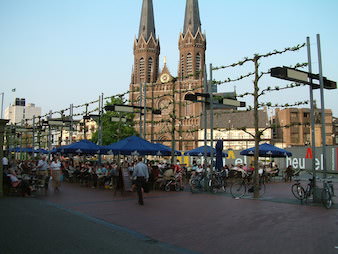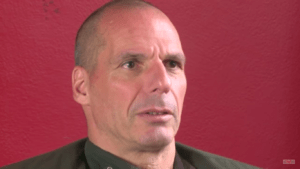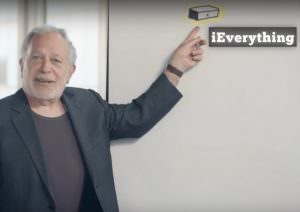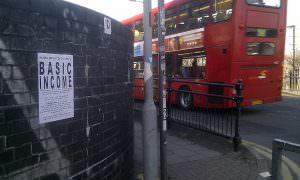More Dutch Cities to Experiment With Universal Basic Income
Taking the lead from the city of Utrecht, other Dutch cities are considering social experiments with basic income -- an income unconditionally granted to all its residents on an individual basis, without a means test or work requirement. The Dutch city of Tilburg. (Roborgh / CC BY-SA 3.0)
The Dutch city of Tilburg. (Roborgh / CC BY-SA 3.0)
Taking the lead from the city of Utrecht, other Dutch cities are considering social experiments with basic income — an income unconditionally granted to all its residents on an individual basis, without a means test or work requirement.
As the Basic Income Earth Network explains, basic income is “a form of minimum income guarantee that differs from those that now exist in various European countries in three important ways: it is paid to individuals rather than households; it is paid irrespective of any income from other sources; and it is paid without requiring the performance of any work or the willingness to accept a job if offered.”
From Quartz:
Tilburg, a city of 200,000 habitants close to the border with Belgium, will follow Utrecht’s initiative, and the cities of Groningen, Maastricht, Gouda, Enschede, Nijmegen and Wageningen are also considering it. Supporters of basic income say it is a good mechanism to alleviate poverty and social exclusion. A recent study conducted in 18 European countries concluded that generous welfare benefits make people likely to want to work more, not less.
Ralf Embrechts, director of the Social Development Association of Tilburg and one of the promotors of the program, said that’s the theory the program is designed to test.
“We want to discover, if you trust people and give them a basic income without any rules or obligations—so, unconditionally—that they will do the right thing,” he explained in an email to Quartz.
If Tilburg’s basic income project gets the green light from Netherland’s state secretary of social affairs, the town will provide an extra paycheck to a pilot group of 250 people starting in January 2016, said Tillburg officials said. The city has not confirmed the amount of the stipend, but in Utrecht checks will range from around €900 ($1,000) for one adult to €1,300 ($1,450).
Although the classic basic income theory proposes universal payments across the population, the two Dutch experiments will only focus on residents who are already recipients of social assistance. Those in the program will be exempt from the severe job-seeking requirements and penalties in Dutch law.
Authorities aim to test how citizens react without that sword of Damocles over their heads. Will the money encourage them to find a job or will they sit in their couches comfortably?
Several cities across the world have experimented with basic income, from India to Canada, where the famous Mincome program took place in the 1970s, in the town of Dauphin, Manitoba.
Read more here.
–Posted by Roisin Davis
Your support is crucial…With an uncertain future and a new administration casting doubt on press freedoms, the danger is clear: The truth is at risk.
Now is the time to give. Your tax-deductible support allows us to dig deeper, delivering fearless investigative reporting and analysis that exposes what’s really happening — without compromise.
Stand with our courageous journalists. Donate today to protect a free press, uphold democracy and unearth untold stories.








You need to be a supporter to comment.
There are currently no responses to this article.
Be the first to respond.